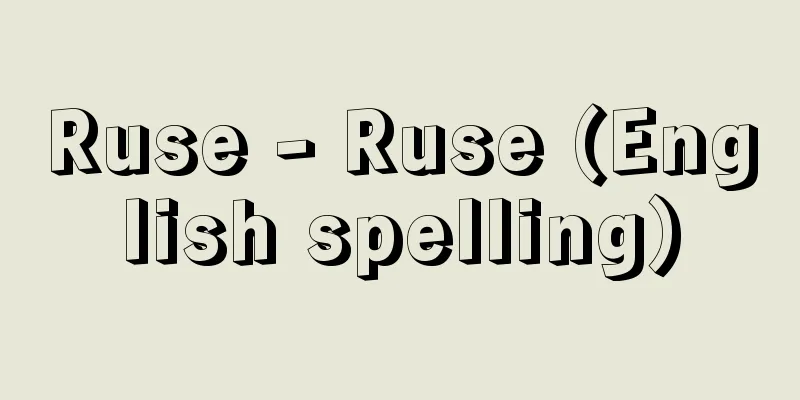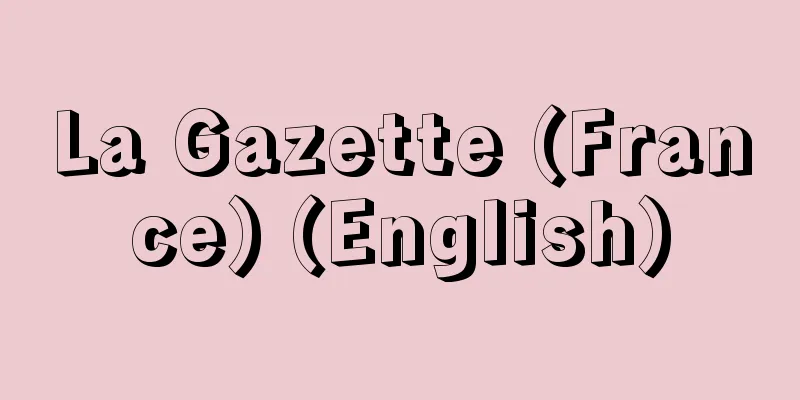Choshun Miyagawa

|
An ukiyo-e artist from the mid-Edo period. The founder of the Miyagawa school. He was commonly known as Chozaemon and Shungyokudō. He is said to have been from Miyagawa Village in Owari Province (Aichi Prefecture), but it is unclear. He seems to have moved to Edo by the latter half of the Genroku period (1688-1704) to study ukiyo-e, and was strongly influenced by the hand-painted styles of Hishikawa Moronobu and Kaigetsudo Ando. He produced many richly coloured hand-painted works depicting the customs of the red-light district of Shin-Yoshiwara and the daily lives of samurai and townspeople living in Edo, but despite being an ukiyo-e artist, he left behind not a single print, picture book or single painting. He established his style and began to work in earnest from the Kyoho era (1716-1736) onwards, nurturing many excellent pupils such as Choki, Issho and Shunsui, and founded the Miyagawa school as a school specialising in hand-painted paintings. His representative works include "Prostitute Monko" and "Manners and Customs Scroll" (both on display at the Tokyo National Museum). At the end of 1750 (Kan'en 3), he had a dispute with Kano Shunga of the Inaribashi Kano family, who was the official painter for the shogunate, after he was not paid for his paintings for the restoration of Nikko Toshogu Shrine the previous year. His son Chosuke and other painters from the Miyagawa school attacked the Kano residence at night, killing Shunga. This incident appears to have hastened Choshu's death, and his disciple Issho was exiled to Niijima, Izu, in November 1752, the year of his master's death, or perhaps in his place. Shunsui, who remained behind, fearing the use of Miyagawa's artist surname after he had been convicted, temporarily took the name Katsumiyagawa, but later changed it to Katsukawa. The Katsukawa school originated from Choshu's Miyagawa school. [Tadashi Kobayashi] "Narazaki Muneshige (ed.) Hand-painted Ukiyo-e 3: Choshun" (1982, Shueisha) [References] | |A copy (part) of "Twelve Months of Manners Picture Scroll" by Miyagawa Choshun, owned by the National Diet Library "Twelve Months Scroll of Customs and Manners" Source: Shogakukan Encyclopedia Nipponica About Encyclopedia Nipponica Information | Legend |
|
江戸中期の浮世絵師。宮川派の祖。通称は長左衛門、春旭堂と号した。尾張(おわり)国(愛知県)宮川村の出身と伝えるが明らかではない。元禄(げんろく)年間(1688~1704)後半までには江戸に出て浮世絵を学んだらしく、菱川師宣(ひしかわもろのぶ)や懐月堂安度(かいげつどうあんど)の肉筆画風に強い影響を受けた。新吉原の遊里風俗や、江戸に暮らす武士や町人の日常生活を題材に濃厚な彩色による肉筆画を数多く制作したが、浮世絵師でありながら絵本にも一枚絵にも版画作品は1点も残していない。様式を確立して本格的な活動に入るのは享保(きょうほう)年間(1716~1736)以降で、長亀(ちょうき)、一笑(いっしょう)、春水(しゅんすい)ら多くの優れた門人を育成し、肉筆画専門の流派として宮川派をおこした。代表作に『遊女聞香(もんこう)』、『風俗図巻』(ともに東京国立博物館)がある。1750年(寛延3)暮れ、前年の日光東照宮修復の絵画御用に参加した際の画料が不払いのままであったことから、幕府の表絵師である稲荷橋狩野家(いなりばしかのうけ)の狩野春賀(しゅんが)と争いを起こし、子の長助(ちょうすけ)と宮川派の画工たちは狩野邸を夜襲、春賀を殺害した。この事件がもとで長春の死は早められたものらしく、弟子の一笑は師の没した宝暦(ほうれき)2年(1752)11月、あるいは身代りとなってか伊豆新島(にいじま)に配流されている。残った春水は、罪を得た宮川の画姓をはばかり一時勝宮川を名のり、のち勝川と改めた。勝川派は長春の宮川派に源を発している。 [小林 忠] 『楢崎宗重編『肉筆浮世絵3 長春』(1982・集英社)』 [参照項目] | |宮川長春画『十二ケ月風俗絵巻』の模本(部分)国立国会図書館所蔵"> 『十二ケ月風俗絵巻』 出典 小学館 日本大百科全書(ニッポニカ)日本大百科全書(ニッポニカ)について 情報 | 凡例 |
<<: Tsuneteru Miyagawa - Tsuneteru Miyagawa
Recommend
Reichenberg
...Population: 101,000 (1996). In German, it is c...
Nakaza - Nakaza
[1] [noun] ① the central seat. The center of a row...
Regional division - Chiikikubun
In the most comprehensive sense, it refers to the...
External heart - External heart
The center of a circle (circumscribing circle) th...
Chikura [town] - Chikura
An old town in Awa District facing the Pacific Oce...
Dermogeny
...The small, closely related, Kurume Halfbeak li...
Furukawa [city] - Furukawa
An old city in north-central Miyagi Prefecture. It...
Cha Jing (English: Cha-jing)
The oldest book on tea from the Tang Dynasty in Ch...
Enkou - Enkou
〘Noun〙① A circular light. It is used to refer to t...
Hikoichi
Hikoichi is the protagonist of a comedy tale passe...
County of Aragon
…The Ebro River is important to the local economy...
Lead Monoxide - Issan Kanamari
PbO(223.20). Also called lead(II) oxide, lead oxi...
Cow and horse cutting and unraveling
…Dajokan Decree No. 295, which prohibited human t...
Whistler
1834‐1921 Swiss Germanic legal scholar. Professor ...
Ratesystem
...the movement aimed to realize peace and overth...









